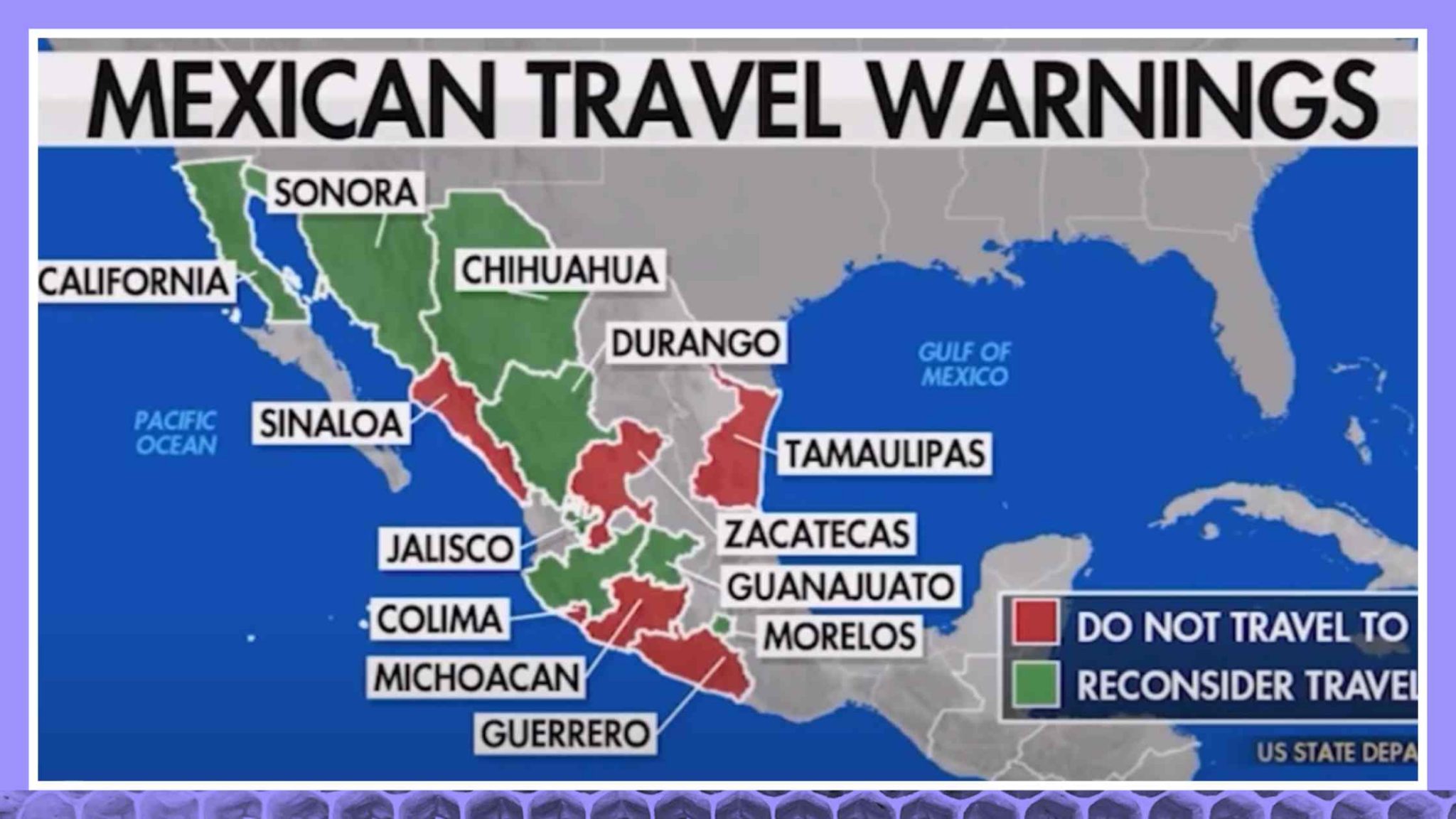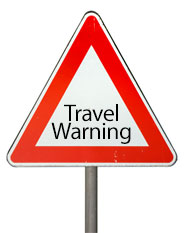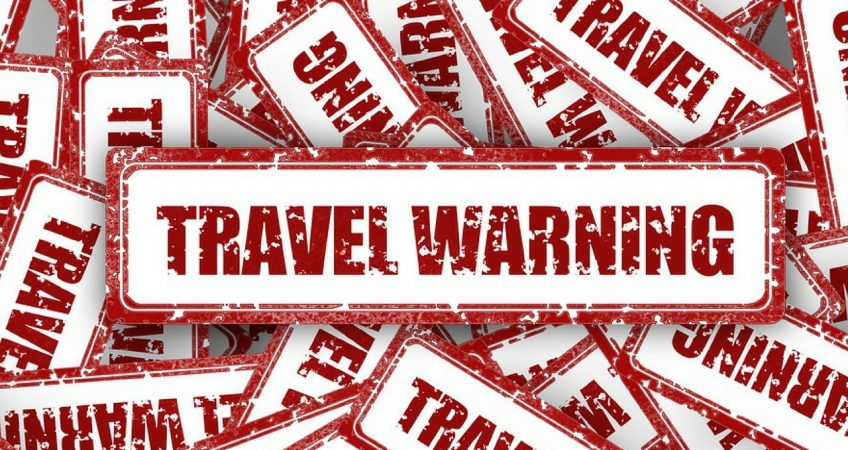Understanding Who Travel Warnings: A Guide For Travelers
Share

Traveling can be one of life’s most enriching experiences, but it also comes with its share of risks. The World Health Organization (WHO) issues travel warnings to inform travelers about health risks associated with specific destinations. Understanding these warnings is crucial for ensuring a safe and enjoyable trip. This article will provide an in-depth look at WHO travel warnings, their implications, and how to navigate them effectively.
What Are WHO Travel Warnings?

WHO travel warnings are advisories issued to inform the public about health risks in various countries or regions. These warnings can be based on several factors, including disease outbreaks, natural disasters, or political instability. The goal is to provide travelers with the necessary information to make informed decisions about their travel plans.
Types of Travel Warnings
-
Health Alerts: These warnings are issued when there is a significant health risk, such as an outbreak of a contagious disease. For example, during the COVID-19 pandemic, many countries received health alerts due to the virus's spread.
-
Travel Restrictions: In some cases, WHO may recommend avoiding travel to certain areas due to severe health risks. This could include regions experiencing epidemics or areas with inadequate healthcare facilities.
-
General Advisories: These are broader warnings that may not indicate an immediate threat but suggest that travelers should take precautions. This could include advice on vaccinations or health measures to take before traveling.
How to Stay Informed

Staying informed about travel warnings is essential for any traveler. Here are some reliable sources to check before your trip:
- WHO Website: The official WHO website provides up-to-date information on health risks and travel advisories.
- Local Health Departments: Check with your local health department for any travel advisories specific to your area.
- Travel Health Clinics: These clinics can provide personalized advice based on your travel plans and health history.
Preparing for Travel with Warnings

When planning a trip to a destination with a WHO travel warning, it’s essential to take extra precautions. Here are some tips to help you prepare:
1. Consult a Healthcare Professional
Before traveling, consult with a healthcare professional who can provide advice on vaccinations and medications you may need. They can also inform you about any specific health risks associated with your destination.
2. Purchase Travel Insurance
Investing in travel insurance can provide peace of mind. Ensure your policy covers health-related issues, including emergency medical evacuation, which can be crucial in areas with limited healthcare facilities.
3. Stay Updated
Health situations can change rapidly. Keep an eye on the news and check the WHO website regularly for updates on your destination.
Local Attractions and Unique Experiences

Despite travel warnings, many destinations still offer unique experiences and attractions. Here are some tips on how to enjoy your trip while staying safe:
1. Research Local Attractions
Look for attractions that are less affected by the health risks. For example, if a city is experiencing a disease outbreak, consider visiting outdoor attractions or areas with lower population density.
2. Sample Local Cuisine Safely
Food is a significant part of any travel experience. However, be cautious about where you eat. Opt for well-reviewed restaurants and avoid street food if health warnings are in place.
3. Engage with Local Culture
Participating in local customs and traditions can enhance your travel experience. Just ensure that any activities you choose are safe and recommended by health authorities.
Accommodations and Travel Arrangements
When traveling to areas with WHO travel warnings, choosing the right accommodations is vital. Look for hotels that prioritize health and safety measures, such as enhanced cleaning protocols and flexible cancellation policies.
For your travel arrangements, consider booking through reliable platforms that offer comprehensive options for flights and hotels. You can find great deals on accommodations and flights here. Additionally, if you need transfers, check out this link for convenient options.
Conclusion
Traveling during times of health warnings requires careful planning and awareness. By staying informed, preparing adequately, and making smart choices, you can still enjoy your travels while prioritizing your health and safety. Always remember to check the latest advisories from WHO and local health authorities before embarking on your journey. Safe travels!



